recreading
Latest
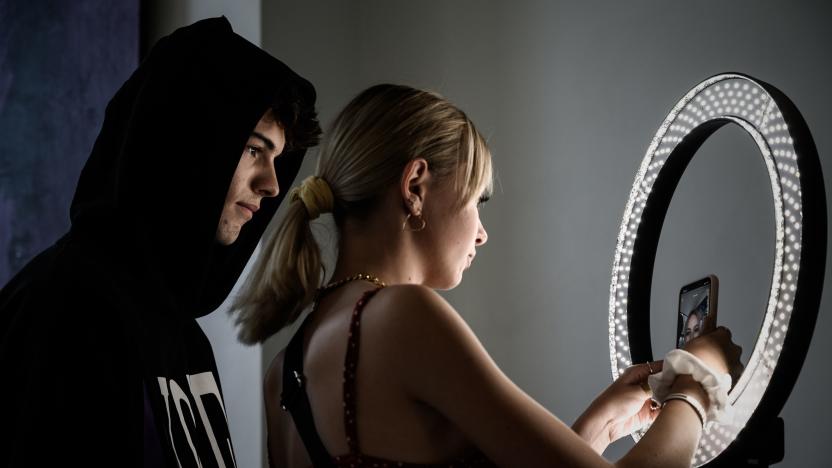
Recommended Reading: The fear of TikTok
It's unclear what the White House will actually do at this point. Why does everyone seem to be afraid of the app that houses silly dance and lip-sync videos? The Atlantic explains how we got here and why a full-on ban probably isn't the best idea.
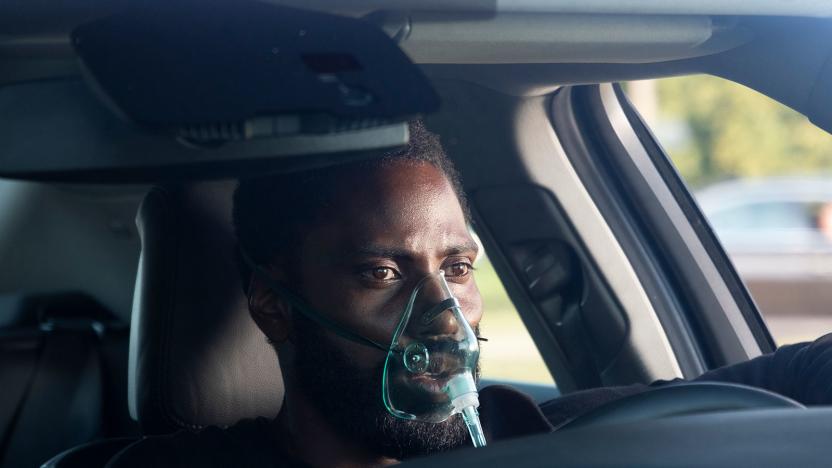
Recommended Reading: The case for a 'Tenet' online premiere
This piece from The Verge was published before AT&T CEO John Stankey announced Christopher Nolan’s upcoming blockbuster Tenet wouldn’t skip theaters for an on-demand premiere, but the argument still holds true. The simple fact is going to a movie theater is extremely dangerous amid the COVID-19 outbreak, and there’s no sign that we’ll be able to congregate in front of the big screen any time soon. Plus, there’s real potential for Nolan to flip the script on VOD movie debuts.

Recommended Reading: Livestreamed concerts with no crowds are still extremely risky
The COVID-19 pandemic has pushed bands to Instagram Live, YouTube streams and other avenues to keep in touch with fans. Metalcore act Underoath began a series of livestreams this week where the group will play three albums front to back — all together, in the same venue and essentially on stage. Nestlé’s single-serve coffee pods were revolutionary, especially when you consider the concept dates back to the 1970s.
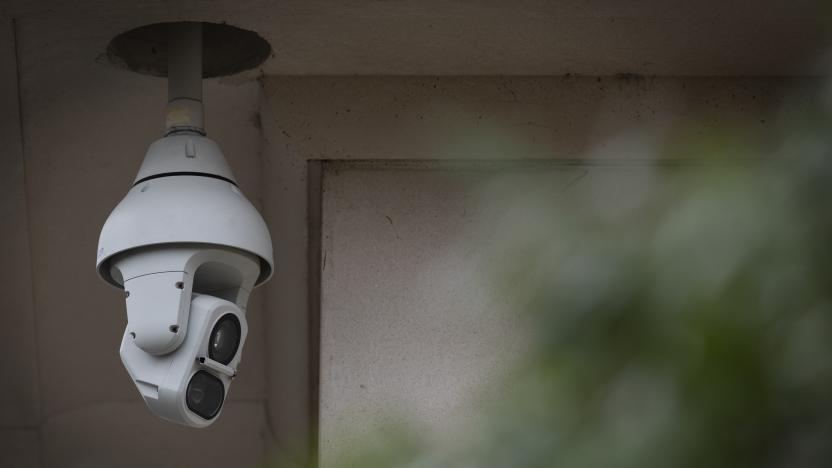
Recommended Reading: When facial recognition identifies the wrong person
Law enforcement at all levels are employing facial recognition for a variety of things. When the US and countries around the world began to shut down, tech companies of all sizes announced plans to help. The Atlantic explains the motives.
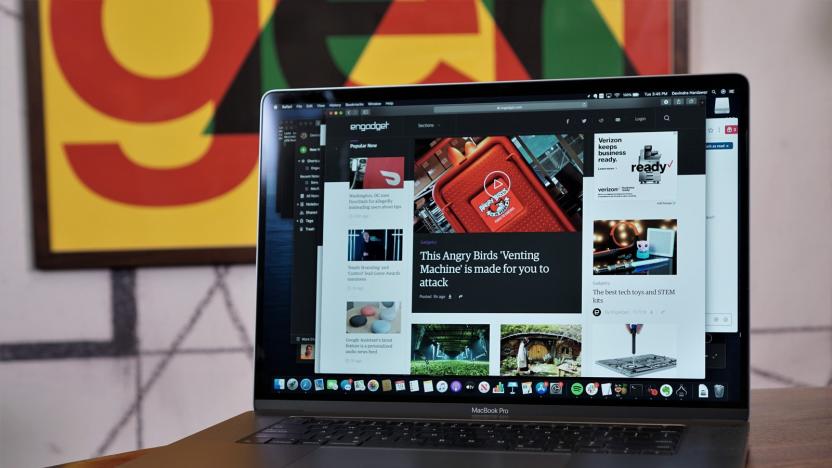
Recommended Reading: Why is Apple breaking up with Intel?
The week's noteworthy writing on technology and more.
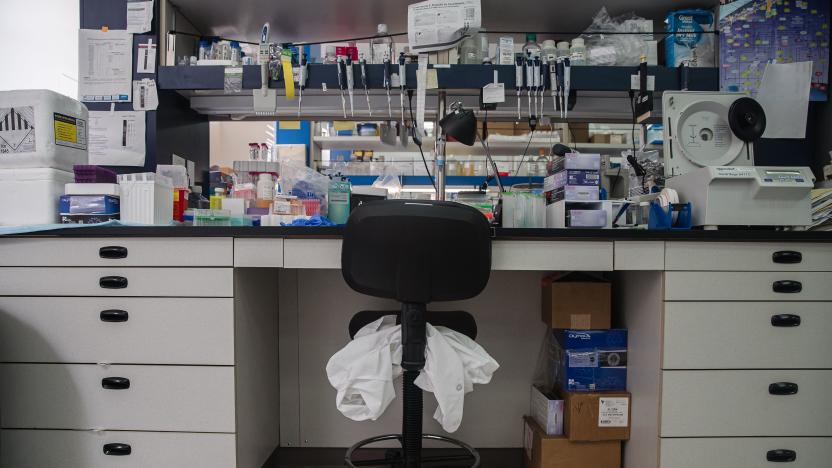
Recommended Reading: COVID-19 and AI health care
COVID-19 will accelerate the AI health care revolution Kai-Fu Lee, Wired The coronavirus pandemic will cause us to rethink major aspects of everyday life around the world, but it may also expedite the use of artificial intelligence in health care.
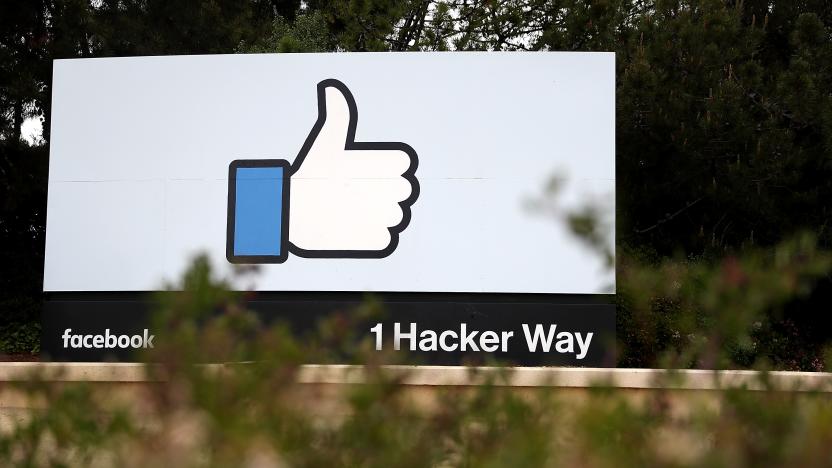
Recommended Reading: Facebook's new content oversight board
Pitchfork explores what’s next.

Recommended Reading: The life of a dropshipper
The week's best writing on technology and more.
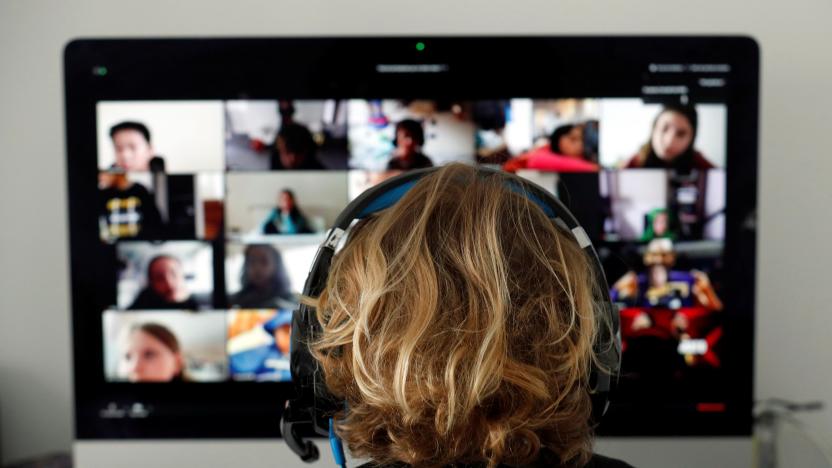
Recommended Reading: Zoom's security struggles
During the last month, the company has drawn increasing scrutiny over its security practices from both the public and government officials. NBC News offers a look at the company’s current predicament in a chat with CEO Eric Yuan.

Recommended Reading: Inside the PlayStation 5 with Mark Cerny
PlayStation 5 uncovered: The Mark Cerny tech deep dive Richard Leadbetter, Eurogamer If you're craving even more explanation on the PlayStation 5 than lead architect Mark Cerny shared during his in-depth chat a couple weeks ago, get comfy. Eurogamer shared part two of its chat with Cerny this week, and while there weren't any new revelations per se, there was more detail on the things we'd already heard about.
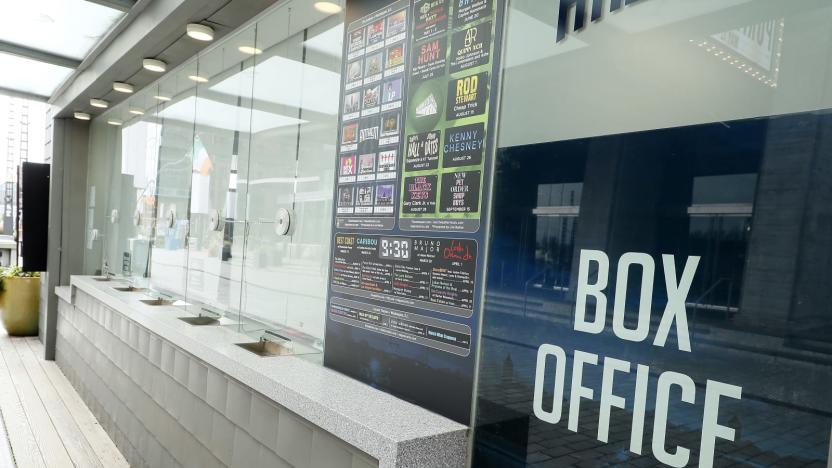
Recommended Reading: What happens when bands don't tour
How coronavirus is destroying the livelihood of music's behind-the-scenes workforce Samantha Hissong, Rolling Stone By now, you've watched, or at least heard about, a musician who's cooped up at home turning to livestreams to connect with fans. While that does give the masses some form of entertainment to replace live events and tours, it doesn't help the behind-the-scenes crew who are out of work for the foreseeable future. Rolling Stone explains how stage crew, venue employees and more have been struggling since the all events came to a halt earlier this month.

Recommended Reading: Dead Sea Scroll fragments in DC are fakes
Exclusive: 'Dead Sea Scrolls' at the Museum of the Bible are all forgeries Michael Greshko National Geographic When the Museum of the Bible opened in Washington, DC in 2017, it funded a research project that examined pieces of what was thought to be Dead Sea Scroll fragments. In 2018, the museum announced that all five sections under review were most likely forged. After a more thorough physical and chemical investigation that began in 2019, researchers have filed a 200-page report with the findings: "These fragments were manipulated with the intent to deceive."

Recommended Reading: The AI surveillance company watching Utah
This small company is turning Utah into a surveillance panopticon Jason Koebler, Emanuel Maiberg, and Joseph Cox Motherboard If you think Clearview's AI-powered facial recognition is a major problem, buckle up. An artificial intelligence company called Banjo has agreement with Utah that gives it real-time access to traffic cameras, CCTV/public safety cameras, 911 systems and other data. Banjo says it can combine all of that with info from social media, apps and satellites to "detect anomalies." Basically, the company claims it can alert law enforcement to a crime while it's happening. It also says the system strips all personal details so it's able to assist without sacrificing privacy. Motherboard has more on the agreement and how it's working so far.
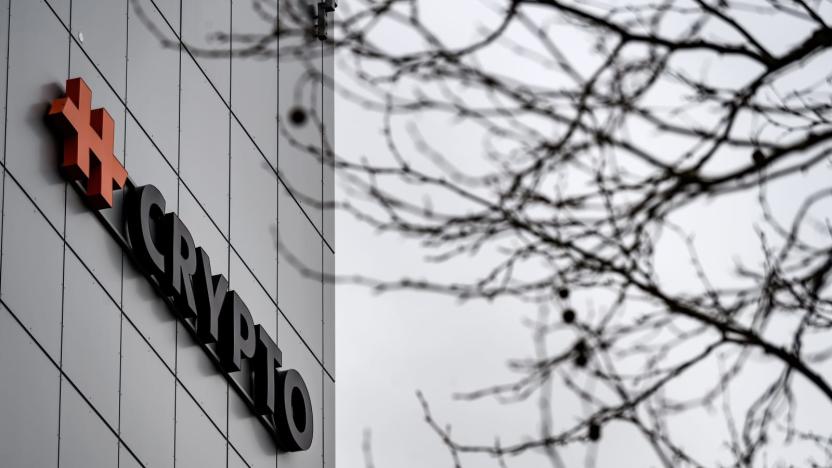
Recommended Reading: The CIA-owned company that helped it spy on the world
The intelligence coup of the century Greg Miller, The Washington Post This in-depth report tells the story of Crypto AG, a Switzerland-based company that achieved success for its code-making machines during World War II. The company eventually became a popular manufacturer of encryption machines for countries around the world in the decades that followed. Governments trusted that communications between diplomats, military and spies were being kept secret. What those nations didn't know was that Crypto AG as actually owned by the CIA -- originally in partnership with West German intelligence. What's more, the access allowed the two countries to to rig the tech so they could easily crack any code.
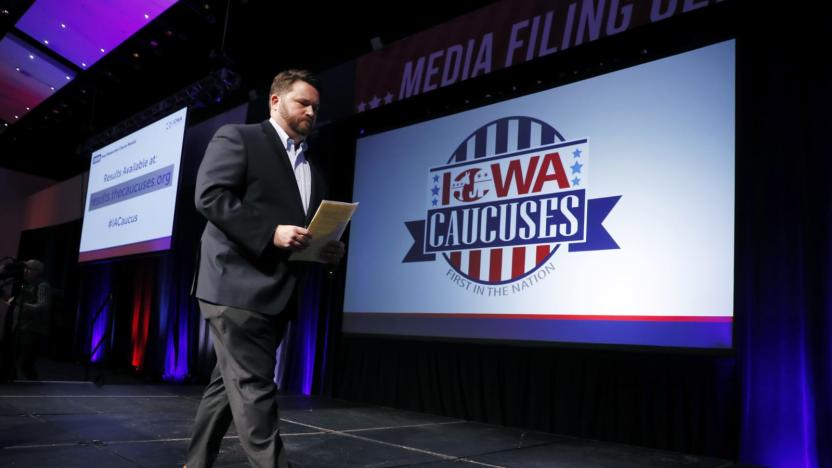
Recommended Reading: The lasting effect of the Iowa Caucuses
Iowa might have screwed up the whole nomination process Nate Silver, FiveThirtyEight By now you probably know the story. The Iowa Democratic Party decided to use an app to report results from its caucuses this week. These events were the first primary-type votes cast in the 2020 Democratic presidential race, and would've set the tone for New Hampshire and the states to follow. Except the app failed, phone lines were jammed and it took the better part of the week for the full numbers to come out. So just how badly didn't Iowa screw up the whole process? FiveThrityEight's Nate Silver explains the candidate(s) who "won" didn't get the massive bump they would have and the field is still way too crowded.
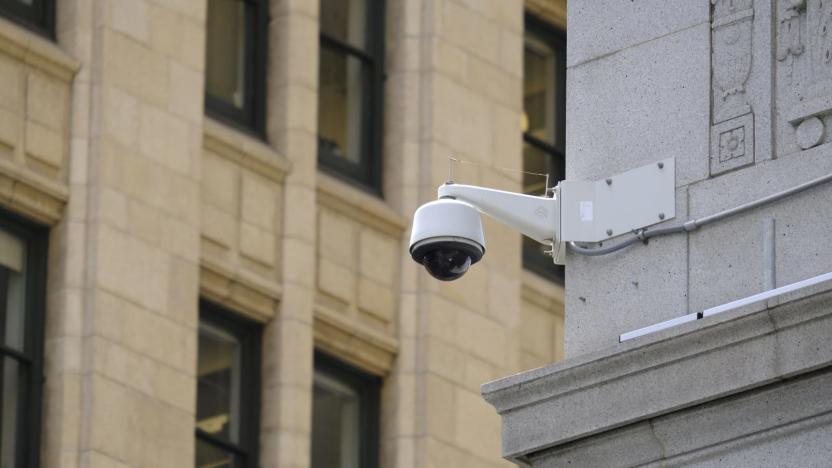
Recommended Reading: Facial recognition, police and privacy
The secretive company that might end privacy as we know it Kashmir Hill, The New York Times Clearview is a startup that developed a facial recognition system that matches a photo of a person to publicly available images. Those can be from Facebook, YouTube or even Venmo. It's powerful technology, and law enforcement is using it to solve crimes like shoplifting, murder and child sexual exploitation. The code in Clearview's app references the ability to pair the software with AR glasses, giving the person wearing them the ability to identify whoever they see. And the company is monitoring who law enforcement is looking for, which makes an already massive privacy issue sound like something out of a dystopian novel.

Recommended Reading: The internet sleuths who caught the Astros cheating
How the internet helped crack the Astros' sign-stealing case Joon Lee, ESPN One of the biggest sports stories of the year has already broke, and it's barely mid-January. If you haven't heard, Major League Baseball determined the Houston Astros used various methods, including video feeds, to steal signs from the opposition during the team's 2017 championship season -- including the World Series. MLB found that it continued to do so during the 2018 season, too. So far, three managers have lost their jobs due to their involvement. ESPN explains how internet detectives examined footage for clues over the last several months, and how that work helped blow the case wide open.
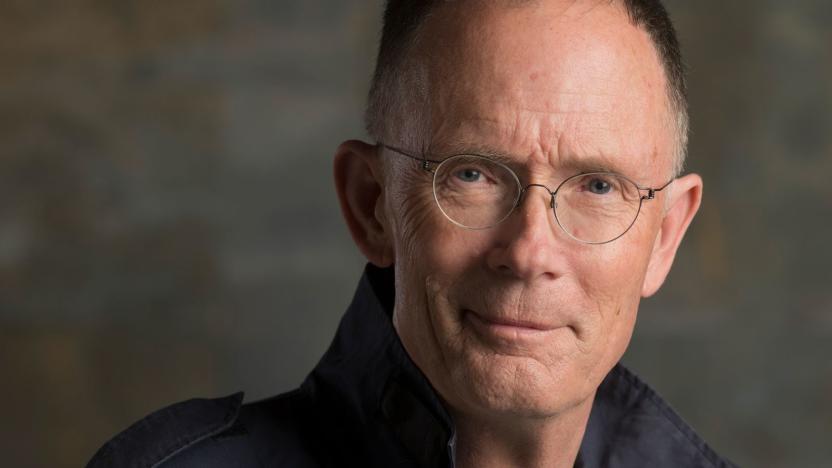
Recommended Reading: The science fiction of William Gibson
How William Gibson keeps his science fiction real Joshua Rothman, The New Yorker While a lot of sci-fi is obsessed with the distant future, one of the best authors of the genre takes a different approach. The New Yorker explains how William Gibson "has imagined the near future more convincingly than anyone else" to create his stories. That includes his concept of "cyberspace" that first appeared in his work in the early 1980s.

Recommended Reading: A year later, the CRISPR babies are still a mystery
Why the paper on the CRISPR babies stayed secret for so long Antonio Regalado, MIT Technology Review A year has passed since Chinese biophysicist He Jiankui presented work on editing the DNA of two girls while they were still embryos. Ethical issues with his actions abound, and even after all this time, there's still missing details on exactly what did/didn't happen. MIT Technology Review has several pieces on the story this week. Those include unpublished portions of the research manuscript and an explanation of why it hasn't been published by either of the two influential scientific journals He sent it to.

Recommended Reading: The making of Star Wars Galaxy's Edge
A journey to Galaxy's Edge, the nerdiest place on Earth Adam Rogers, Wired By now, even people who aren't Star Wars fans have heard something about Galaxy's Edge: the massive and detailed new attraction at Disneyland. Wired spoke to "Imagineers" who created the 14-acre expansion at the park to offer a glimpse at the work that went into making it a reality.
